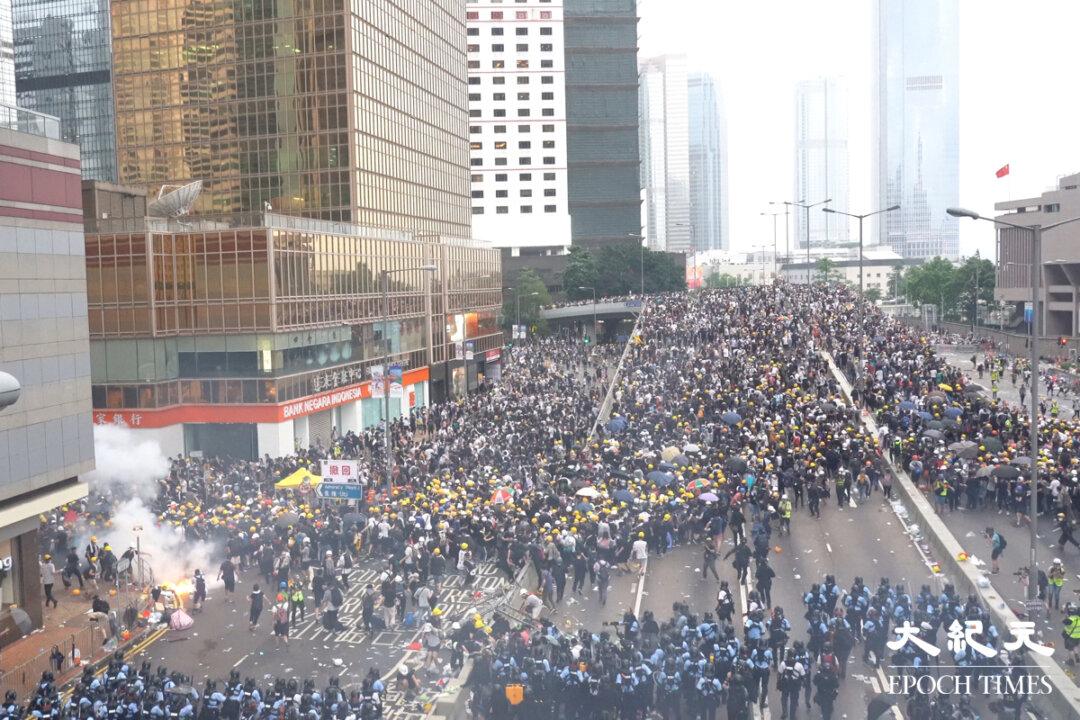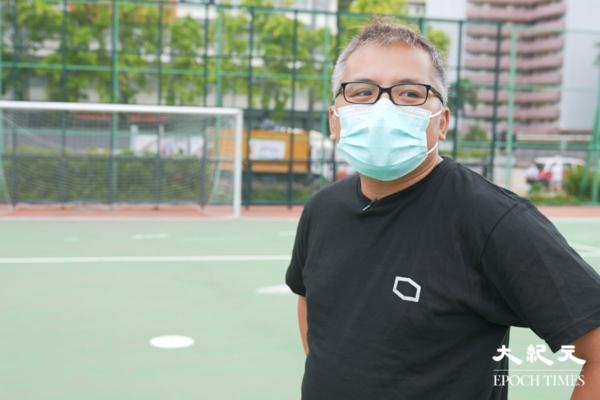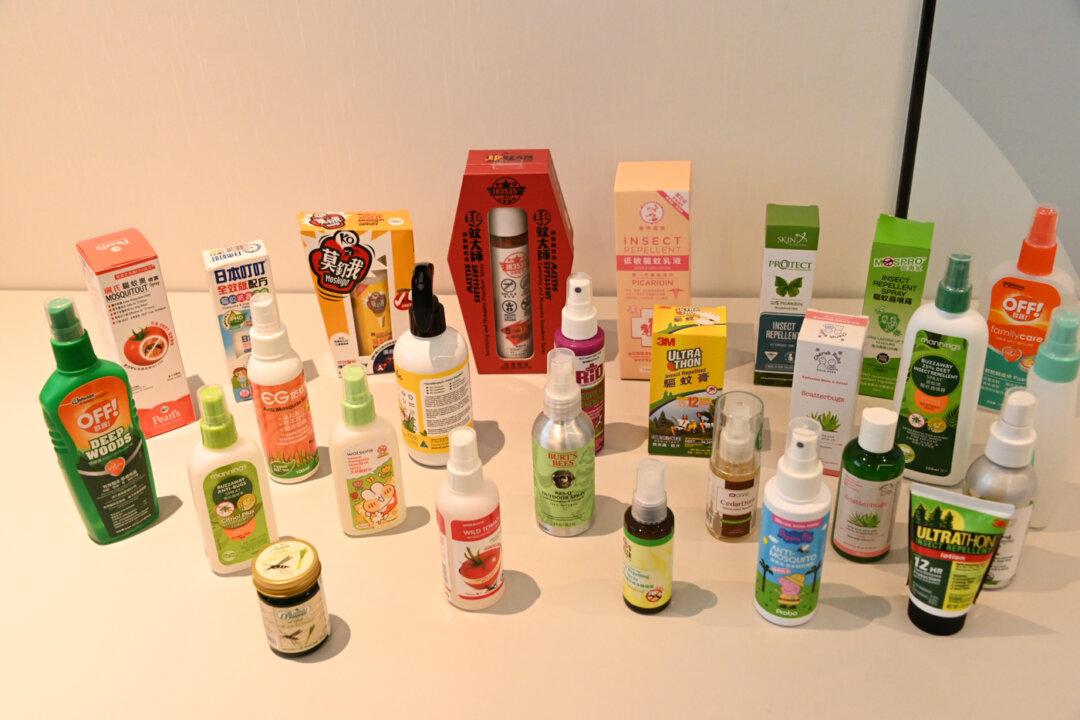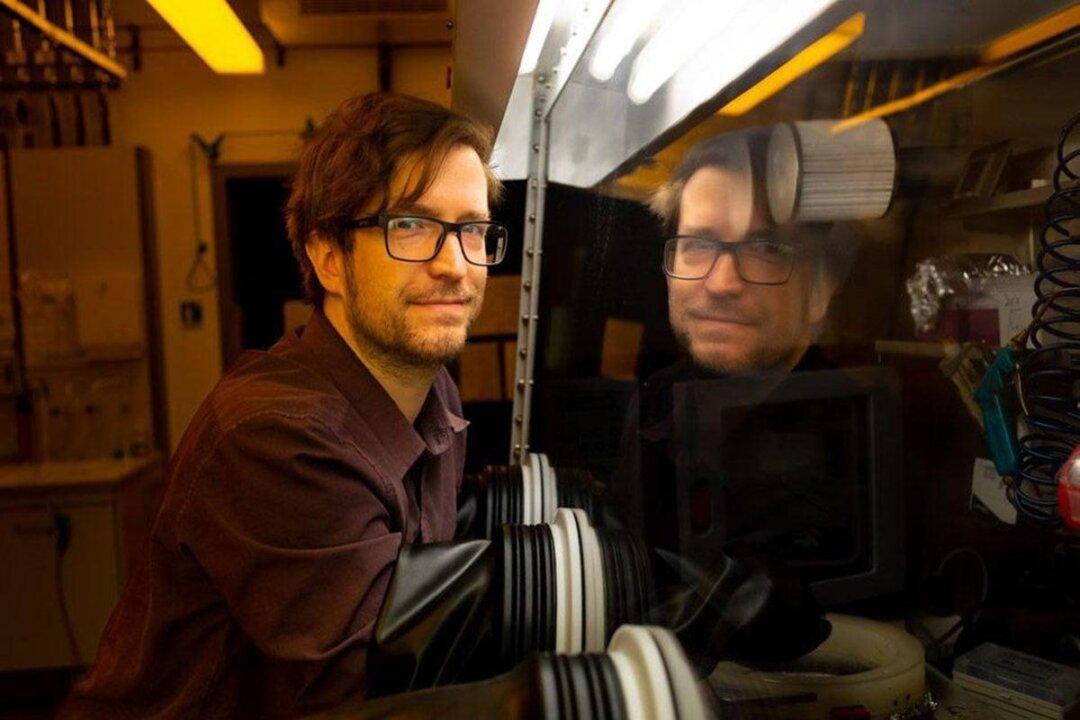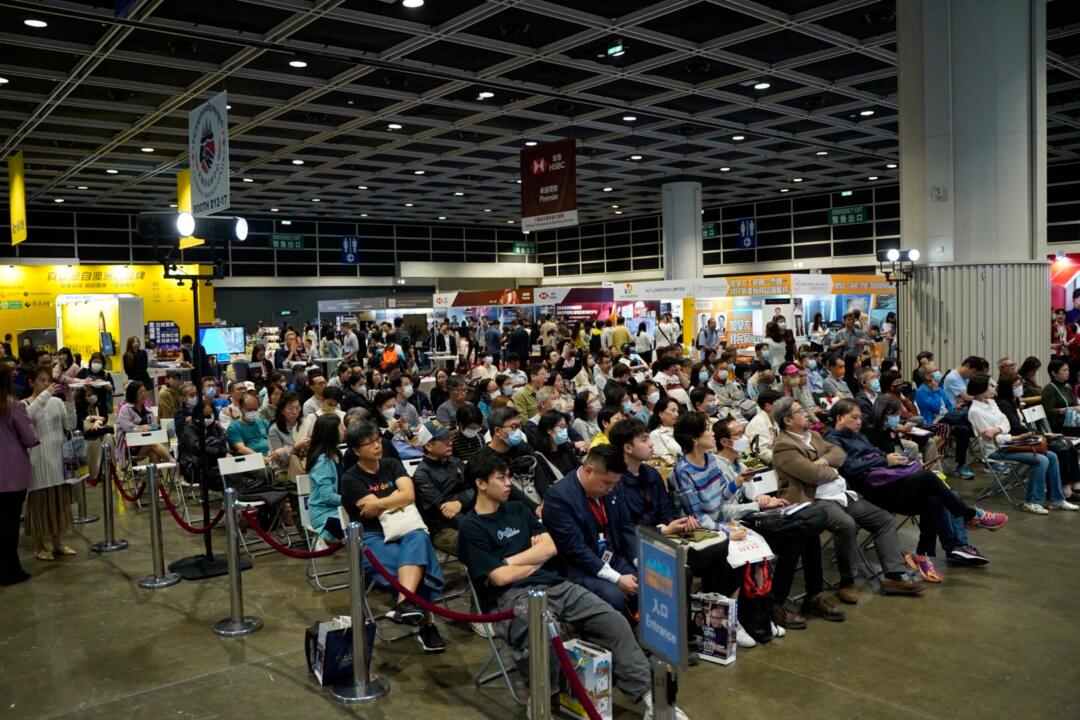Who would have thought that a long distance love-affair-turned-homicide would pull Hong Kong into the whirlpool of a perfect storm in 2018, amid the muddling of “One Country. Two Systems?”
Revision of the Fugitive Offenders Ordinance tipped off a series of fierce protests, the city suddenly plunged into the biggest political and humanitarian crisis in history.
